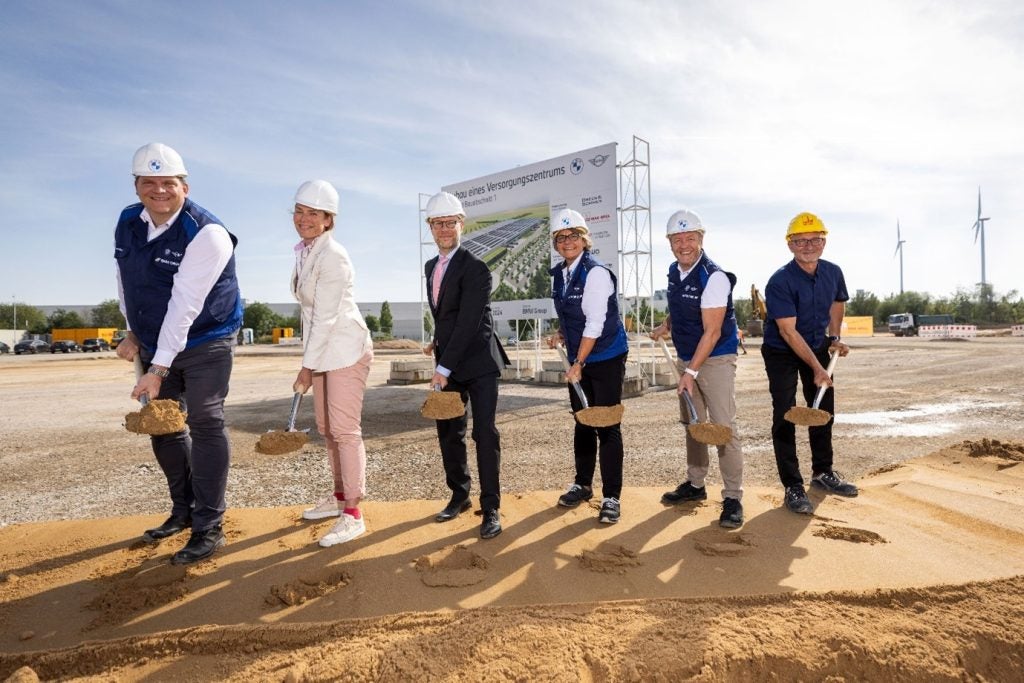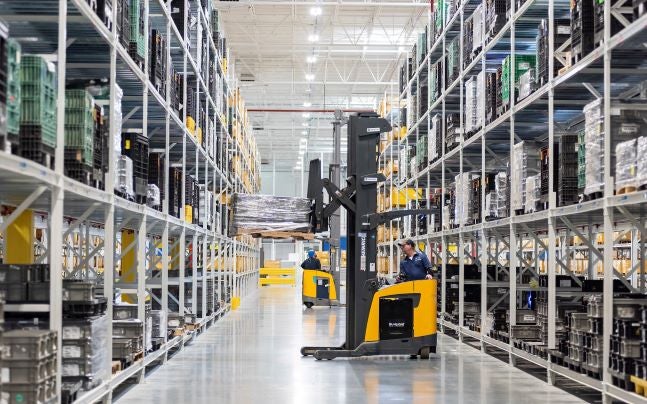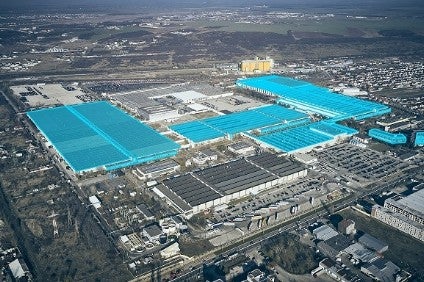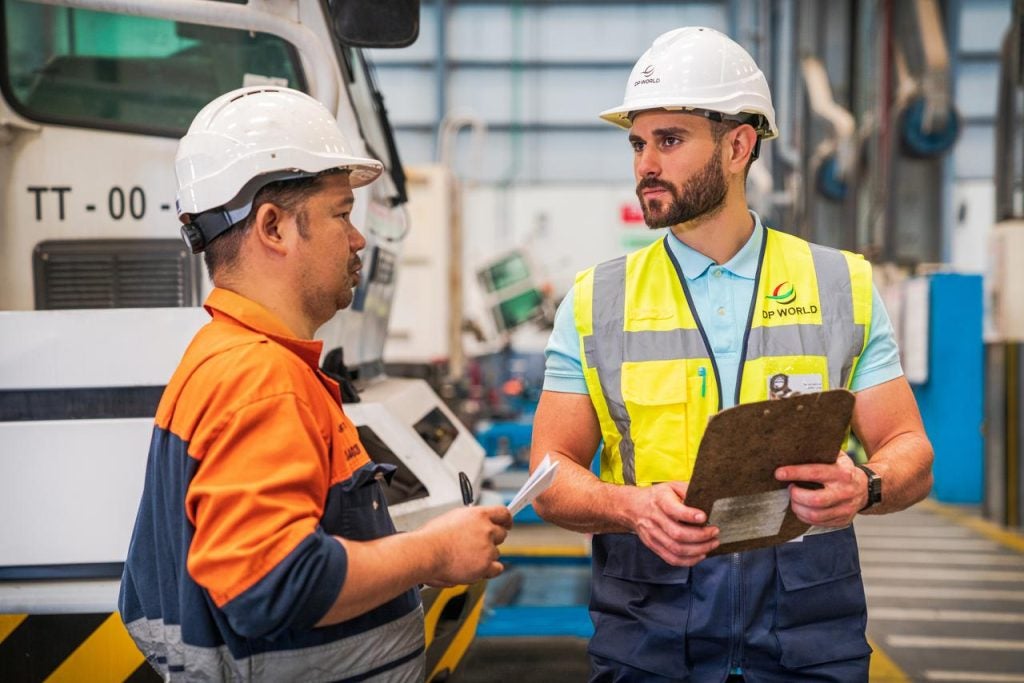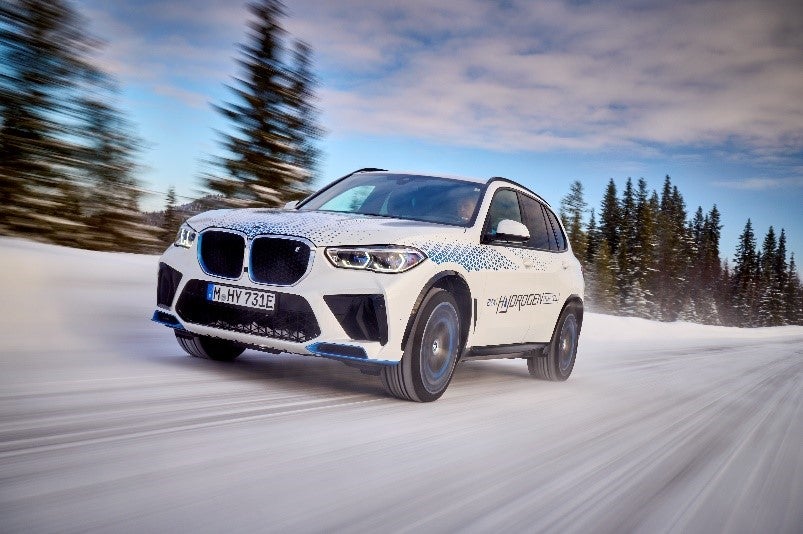
Garrett Motion said it was supplying an electric fuel cell compressor for BMW’s small series pilot, second generation, hydrogen fuel cell drivetrain in the iX5 Hydrogen SUV.
“For the last four years, we have been working closely with BMW Group to develop an advanced hydrogen fuel cell compressor tailored to their exact needs. This effort will culminate in an in depth, on road trial later this year,” said Craig Balis, Garrett VP and CTO.
The electric air compressor is a part of the fuel cell system. Fuel cells generate electricity for electric motors via an electro-chemical reaction between hydrogen and oxygen in the air supplied to the fuel cell stack. To perform this reaction efficiently, and to produce maximum power output, the fuel cell stack is fed with optimal air flow and pressure, as required.
Garrett said its compressor delivers efficiently the airflow needed to optimise the fuel cell system’s power density and output and also maximises the efficiency and durability of the fuel cell stack over the vehicle’s lifetime, “in a very compact package”.
Specifically for this application, a new turbine expander, designed to recover waste energy from the fuel cell stack’s outlet, enables up to a 20% reduction in electricity consumption for air compression, when compared to conventional fuel cell compressors.
The compressor uses the supplier’s high-speed electric motor, power electronics and advanced controls.
During the development phase, the powertrain was tested with harsh temperatures, humidity, and vibration levels so it can work reliably in all climates.
Garrett Motion first supplied its self-developed hydrogen electric fuel cell compressor for a passenger vehicle in 2016.


